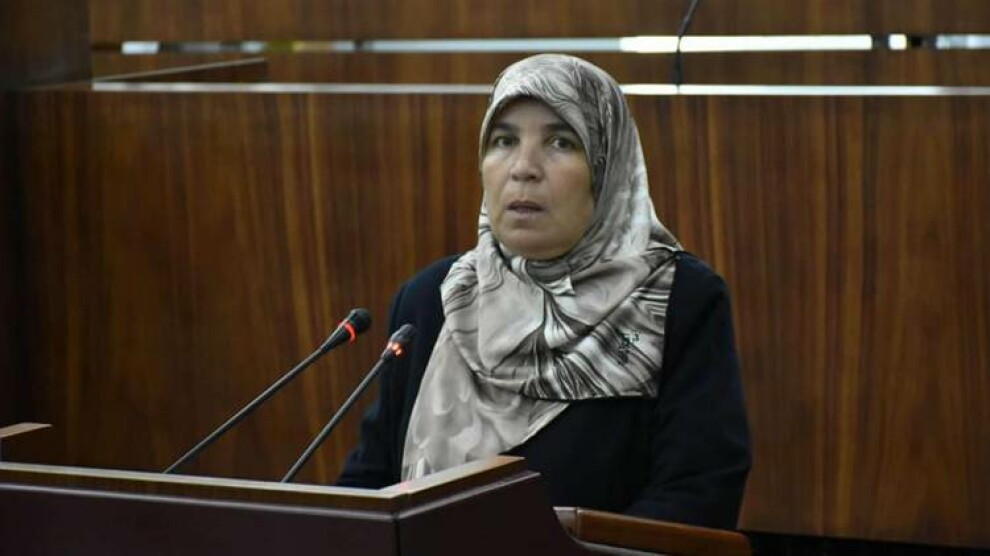Algerian women excluded from decision-making positions
Despite the new election law in Algeria, women still face exclusion in politics and the decision-making process.

Despite the new election law in Algeria, women still face exclusion in politics and the decision-making process.
RABIA XERÎS
Algeria- Although Algerian Constitution stipulates equality between citizens (men and women) in all areas and before the law, Algerian women still face exclusion in politics and the decision-making process. Women face many problems, especially the patriarchal mentality when they want to take part in decision-making positions. We spoke to Fatima Saidi, a member of the Movement of Society for Peace, about Algerian women’s participation in politics and decision-making positions.
Stating that despite the new election law in Algeria, there are few women in decision-making positions; Fatima Saidi said that the number of women ministers in the Algerian cabinet can be counted on the fingers of one hand. “In 2014, seven women were appointed as ministers after a cabinet reshuffle. The appointment of seven women had a positive impact on the international arena,” she told us.
The amended elections law dropped the quota system
Stressed that the principle of parity in the new elections law should be embodied at the level of higher bodies, central administrations, supreme councils, and even in the executive body, Fatima Saidi said that women’s participation decreased not only in decision-making positions but also in the parliament, the main legislative body in the country. “
In 2012, Algeria established a gender quota system, mandating that one-third of the seats in parliament and in local government be set aside for women. “But the amended elections law dropped this system,” Fatima Saidi said.
During a parliamentary meeting organized on the status of women in the Algerian Parliament, on March 8, 2018, Ghania Eddali, former minister of National Solidarity, Family and Women's Affairs, said, “Algerian women have been involved in 35 percent of 60 thousand projects in agriculture. 44.7 percent of the people working for the judiciary and 36 percent of civil servants are women. While more than half of university students are women, the percentage of women’s participation in scientific researches is 40%.”
